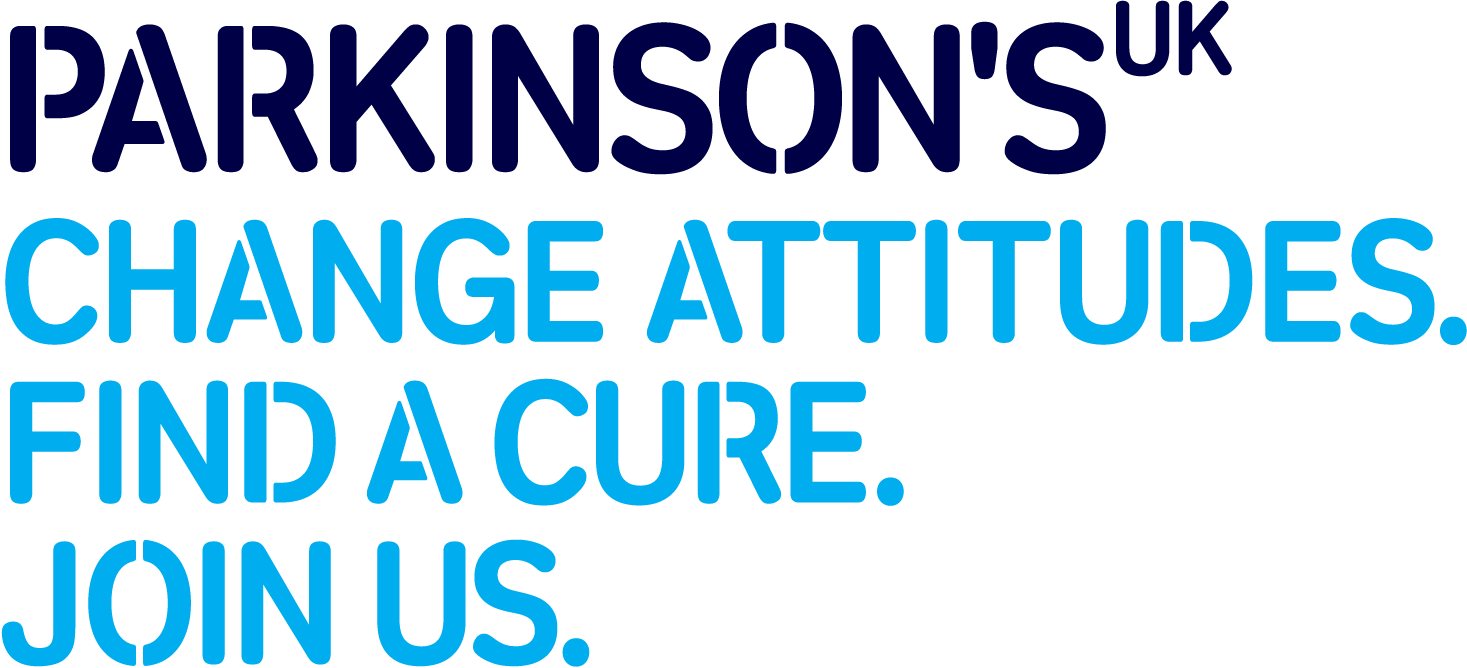I was wondering if anyone else gets symptoms like cataplexy?
http://en.wikipedia.org/wiki/Cataplexy
It's a bit like that weak at the knees feeling that most people get with laughter, shock or a good kiss! But it's amplified so you get a stronger physical reaction - more weakness and brief spells of paralysis - triggered by less strong emotions.
When it's mild it just makes you a bit weak - eyelids, face, neck, hands and arms may sag and go limp. When it's bad you can fall like a puppet with it's strings cut and you can't move or speak or open your eyes. Lots of people who have cataplexy don't get the full on collapse/paralysis thing.
They used to say it was super rare except in narcolepsy, but there's about 15 other conditions it can occur in including some movement disorders. They recently found out/ accepted that people with Wilson's disease, (causes a kind of parkinsonism) can get cataplexy.
In narcolepsy only the people with very low hypocretin levels get cataplexy. Some people with PD also have low hypocretin and can have lots of the same symptoms as in narcolepsy. It was said that the one narcolepsy symptom no one with PD gets is cataplexy, and that this is because their hypocretin doesn't get as low as in people with narcolepsy and cataplexy. Until this research saying they found lots of people with PD describing cataplexy symptoms.
http://www.sleep-journal.com/article/S1389-9457%2815%2900036-2/abstract
I'm curious about this - I can sort of understand them missing it in Wilson's disease for all these years because Wilson's is rare and so different in different people. But could they miss it in PD?
Maybe it's because it's like freezing of gait, it doesn't happen reliably in response to the triggers, - it doesn't perform for doctors, so doctors can miss it.
Is there just so much else going on in PD that this got missed? There's lots of PD symptoms that weren't seen as part of PD for a long time, but cataplexy, if it's bad, can be sort of dramatic looking - you'd think someone would have noticed.
I'd be really interested to know if anyone else has this? I don't have proper PD, just something that looks a bit like it.
rhubarb
